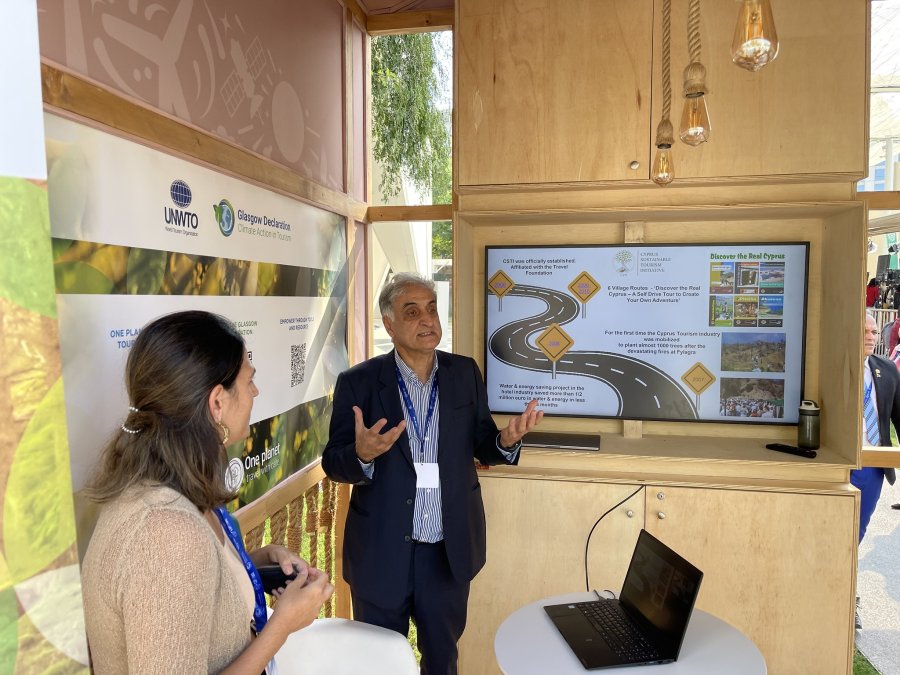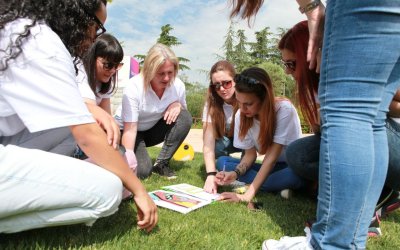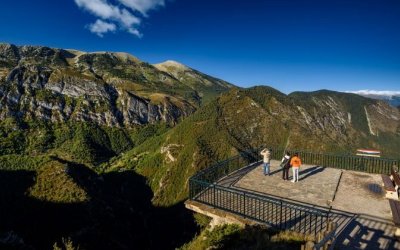UN Tourism, the United Nations agency responsible for promoting responsible tourism, has published a report detailing the implementation of the measures defined in the Glasgow Declaration on climate action.
The instrument is structured around five pathways: Measure, Decarbonise, Regenerate, Collaborate, Finance, and it has more than 850 signatories from the global tourism sector.
All of them have undertaken to develop action plans that allow them to continue advancing in the strategy of halving emissions by 2030, to achieve net zero emissions as soon as possible before 2050, and thus attempt to limit global warming to 1.5°C above pre-industrial levels.
The published document highlights the improvements that have taken place during these first two years of implementation which were presented at COP-28 (UN Climate Change Conference), which took place in December 2023 in Dubai, United Arab Emirates.
Initiatives that have a specific impact:
This event showcased the tourism sector's ability to enact specific climate actions, including emission reduction measures, decarbonisation strategies, regenerative approaches for destinations, and innovative financing.
The actions that have been implemented are very diverse and include the following:
Measure:
Of note is the Travalyst initiative, an alliance that seeks to change the way we travel and is working with Google to develop a model that allows for the calibration and reporting of aviation emissions on various online travel agencies such as Skyscanner or Booking.com.
Decarbonise:
The Canary Islands are developing a programme that connects tourism companies looking to invest in CO2 offsetting solutions with regenerative projects located on the islands. Some companies actively engage with their guests in the projects they support, including mangrove and forest planting initiatives in their tour packages.
Regenerate:
The Indian travel company The Blue Yonder designs travel experiences with local fishermen from Kerala. This provides them with an additional source of income, as catches have decreased due to the impact of climate change. They have also been given training to help them as the first line of defence against a climate disaster, leveraging their knowledge of the region and access to boats.
Collaborate:
VisitScotland, Scotland’s national tourism organisation, has conducted a pilot project in collaboration with tour operators to explore opportunities to address scope 3 emissions, which encompass all emissions produced throughout the value chain, such as passenger transport. This approach will enable the development of low-carbon products and itineraries.
Finance:
NOAH ReGen is an organisation that aids oceanic nations in financing their climate action and protecting their biodiversity by designing innovative financial and traceability tools. To secure funding, it has established Re'Planet Capital, a fund intended to act as an investment conduit to facilitate carbon reduction projects.
These are just a few of the initiatives spurred by the Glasgow Declaration, demonstrating how tourism can become a significant force in the fight against climate change.
You can download the full report at this link (https://www.e-unwto.org/doi/book/10.18111/9789284425242)







